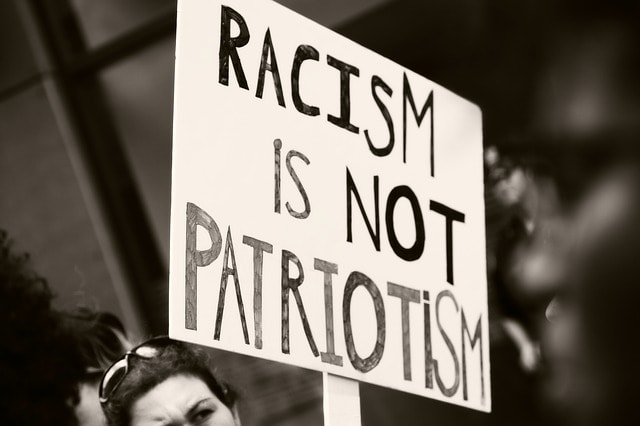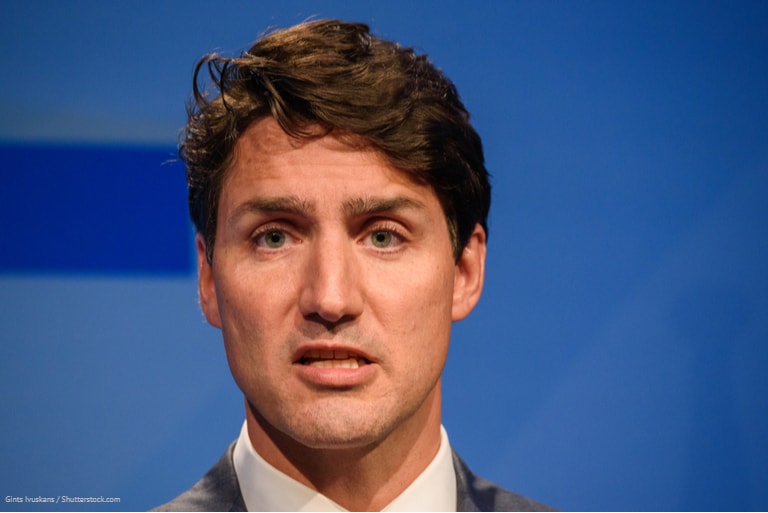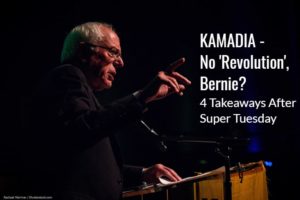By Aly Kamadia, Editor-In-Chief of iDose
Four years ago, when the 2015 Federal Canadian election was underway, I felt the civic duty to participate in the “real world”, and assist a local campaign. Having decided that I wanted to support the Liberal Party (I am not disclosing who I’ll vote for this time around), I joined the core team for a Federal Liberal candidate
At the time, despite not coming across any evidence that Trudeau was an intellectual (which was different than saying that he was not), one intuition was crystal clear. No doubt a significant part of the Liberal campaign strategy was crafted to brand Trudeau as the champion of diversity. But watching Trudeau profess his love for multiculturalism and inclusiveness seemed genuine.
Four years later, in the heat of the 2019 Canadian Federal campaign, a variety of blackface pictures and a video unfolded in front of the country’s eyes. Trudeau’s entire image of a lifelong champion of multiculturalism was bleeding from the swipes of countless blades.
While these unfortunate developments had major consequences beyond the upcoming election (more below), the race couldn’t be ignored.
And so it was absolutely no surprise that Canadian political pundits were offering all sorts of analysis on what this would mean for the election. Though at the time of this writing (i.e. not on the day of its publication), robust polling had yet to deliver a clear picture.

Of course, campaigns had no time to wait around for such polling. A simple fact staring into the eyes of the 2019 election was that the fallout threatened to be a game changer. It clearly merited the attention that campaigns (and their strategies) had already given, considering that election day was less than a month away.
Liberals and the opposition parties were running around in full campaign mode, mindful of the potential damage. But there were at least two other consequences that extended beyond the election.
Many Canadians prided themselves on being a country that welcomed virtues like diversity and pluralism. Though others were awakened by the dimmer picture illustrated by the statistics, which verified that xenophobia was alive and thriving. Islamophobia, anti-Semitism, hatred towards Canada’s Indigenous and African people (and numerous other communities too long to list) undoubtedly infected the nation’s communities.
Within such a climate, Canadians had to be reminded that diversity and pluralism weren’t milestones that had been achieved. They were ideals that had to be constantly fought for, maintained and protected. Regardless of what Trudeau’s current intentions were, one could only hope that the recent incidents didn’t provide fuel for bigots.

As if that weren’t enough, the second consequence of the blackface pictures and a video had to do with Canada’s international presence. Pluralism and inclusivity were among the biggest weapons Canadians had on the international stage.
Many Canadians may have not liked hearing it (even though it was the truth), but Canada wasn’t a particularly powerful country on the grand chessboard of international politics. Those who believed that Canada was some powerful force could have asked themselves a simple question.
When the United States or other countries across the world made historical decisions of war and peace, did their military and diplomatic leaderships ever say:
We can’t go to war before racing to the mighty Canadians to get the green light!
The notion that Canada commanded any such respect was something to laugh at. Neither the Canadian military nor its economy made it a great power in a world defined by realpolitik.

The reason that Canadians had the luxury to go to sleep every night without worrying about another country invading them was thanks to their great friends to the south. America would have never tolerated a foreign invasion on its doorstep, PERIOD.
Thus without military and economic strength to have swung one’s arms forcefully on the grand chessboard, ideals such as pluralism and inclusiveness became not only important to the Canadian way of life, but essential to the diplomatic toolkit that they carried while confronting a puzzling world.
In that sense, it was distressing to watch Canada’s closest allies question its commitment to ideals that had been so aggressively marketed. And all the more alarming during a time when liberal democracies were weakening around the globe, only to be replaced by the crowning of new authoritarians.
Aly Kamadia is Editor-In-Chief of iDose. To read more articles by Kamadia, click here. To read the Editor’s message, click here.
Note: The views expressed in this article are the author/s, and not the position of Intellectual Dose, or iDose (its online publication). iDose reserves all rights, unless stated otherwise.



